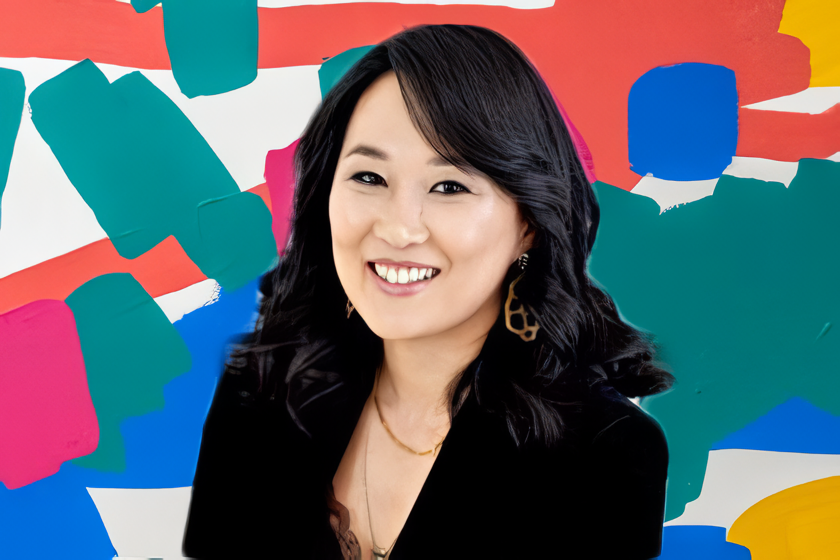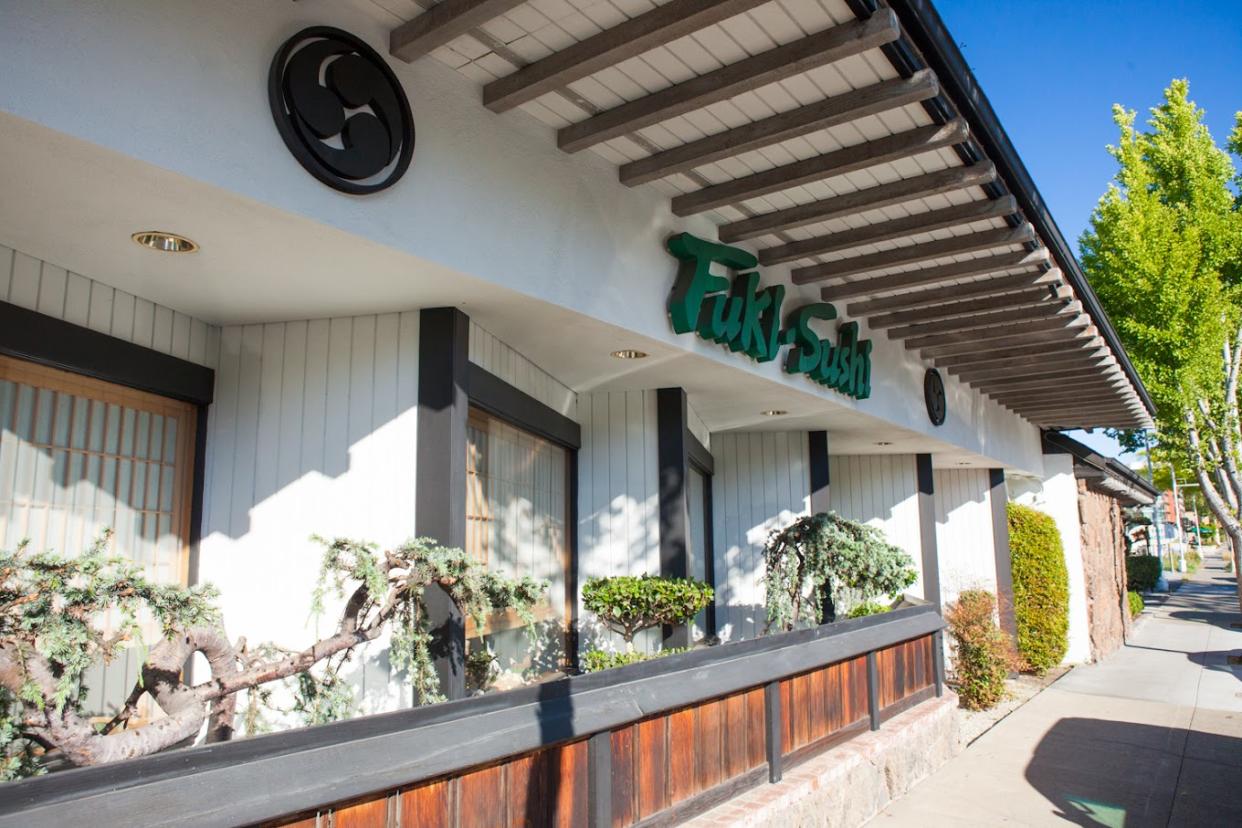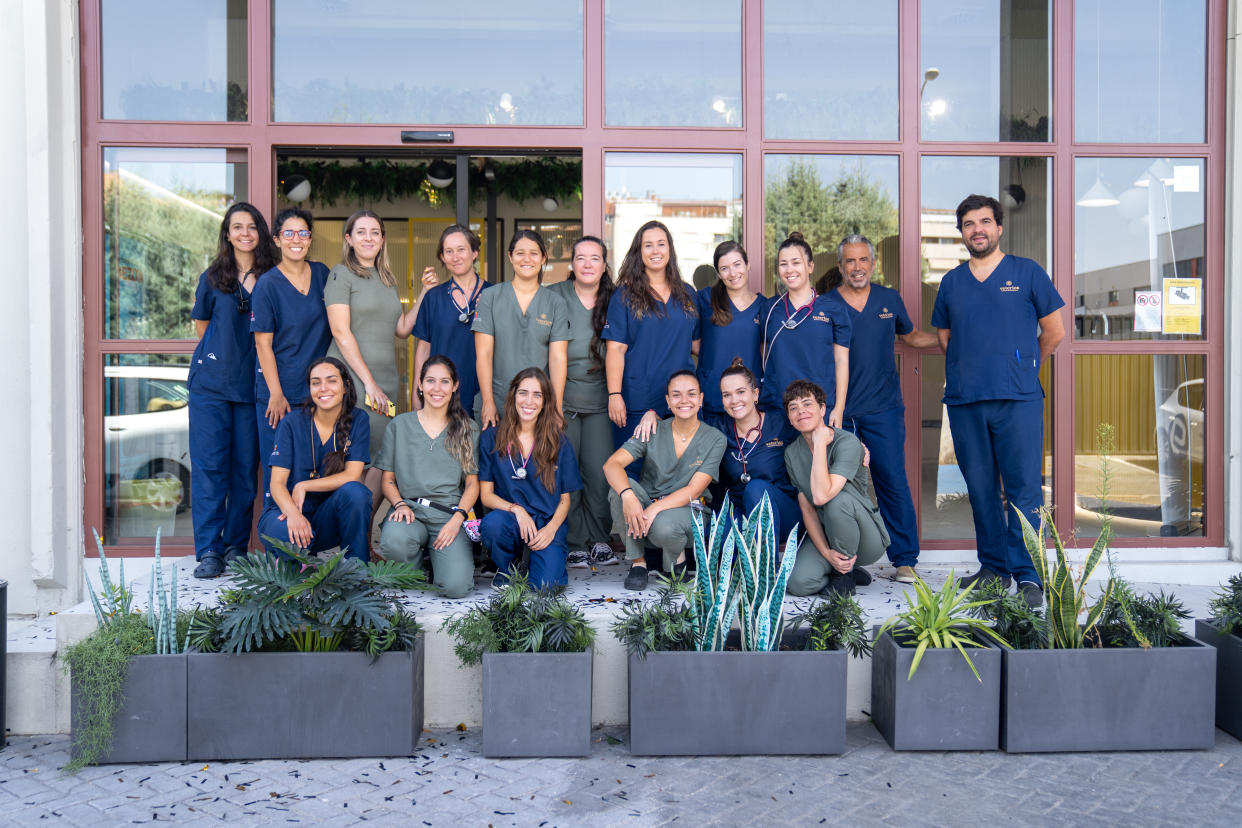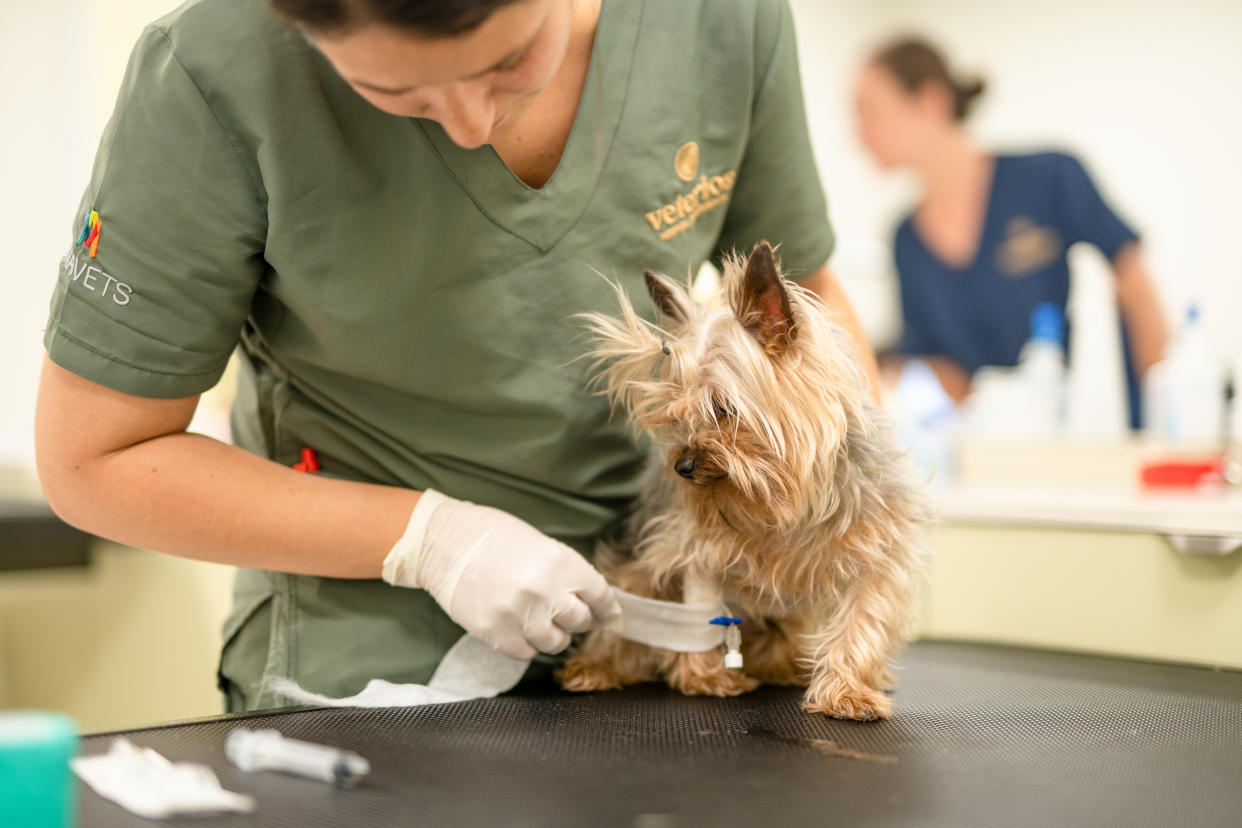'I've taken learnings from my parents' restaurant into the vet industry'

London-based serial entrepreneur Junko Sheehan is CEO and founder of Unavets, one of Europe’s fastest growing veterinary groups. Launched four years ago, the group now numbers over 135 practices across Spain and Portugal. Sheehan and her team oversee 1,400 employees, which includes its clinical teams.
As Japanese immigrants, my parents moved to the US during the Vietnam War in the early 1970s, at a time when they were thinking about the American dream. As a green card holder my father was also drafted into war, but he was rejected as, unbeknown to him at the time, he had tuberculosis. He then spent 12 months recovering in Japan before returning to the States.
My parents didn’t have many resources or family to fall back on. They were struggling but settled upon Palo Alto, California, in the heart of tech, where they decided to start the first Japanese restaurant on the peninsula which would later become known as The Silicon Valley.
Read More: My first boss: Anna Lundstrom, CEO of Nespresso UK&I
I've always wanted to be an entrepreneur. My parents have been my role models and my daily inspiration since I was a child — and in effect my first bosses. They worked long hours, lived on the edge for many years dealing with cash flow and payroll. They are still in business 45 years later, a successful restaurant venture which caters to the Silicon Valley elite.
Using the business as a launch pad, they were then able to expand into real estate. What that taught me was the value of looking longer term. Today, people are focused on short-term wins, but you don’t build businesses with that mindset. It’s that consistency garnered from my parents which affected me at a young age.

While my parents learned real life on their own, I had the benefit of going to the Wharton Business School and spent five years working in investment banking on Wall Street, where it was 24/7. For any entrepreneur, this was a critical time for understanding the investor mindset.
Yet, I wasn't that satisfied, something was missing in a world of short-term transactions and it didn’t feel like I was building anything.
One of my first clients after leaving investment banking was the noted film director James Cameron and Maria Wilhelm, co-chair of Cameron Global, which transformed over the last 13 years from an initial client relationship to more of a collaboration and friendship. They weren’t looking at profit first, but purpose and value — a refreshing outlook that I’ve taken to heart over the tenure of our relationship and into everything that I do.
Read More: My first boss: Romi Savova, PensionBee founder
I took this ethos into the launch of Unavets. People ask how we were able to raise all this money — from nothing to $225m (£180m) in a short space of time — and scratch their heads. But the success comes after you've built something interesting. When we think about how we managed that, it’s been more about what I value proposition wise and what we want to achieve.
Previously, I had experience working in Spain where I had been asked to build a petrol station convenience retailing strategy which we grew from zero to $10m of Ebitda in three years.
After exiting, I then looked at the healthcare space and veterinary stood out as a sector, which had the benefit of being healthcare focused, recession resilient and highly fragmented, but in the end, it is the people that have stood out to me — it is a sector comprised of caring and inspiring vets.
Our team is a mix of business and veterinary backgrounds, as such, we were able to merge the problems faced in the vet sector which has helped us understand and tackle some of the struggles in the industry.

In recent years, there has been consolidation in the sector with some big groups buying up practices. When a vet decides to sell after years building their independent practice, it’s a big decision. The actual support for how your life changes after the transaction is the most important aspect.
We have been sympathetic to that and part of the reason is because of my parents. If they had to sell their business after years of nurturing the restaurant, you have a huge responsibility of care. That’s the reason it's important why we are a good home for vet practices and their teams.
The profile of a vet is seen as sensitive, altruistic and empathetic. When you are faced with difficult challenges, part of saving and treating pets can mean dealing with difficult clients, not getting paid a great salary or having to administer euthanasia. This sometimes leads to mental health challenges.
In January, we launched a mental wellness support platform that helps all our clinical team members deal with tough situations and developing coping mechanisms for it. We are always trying to raise the bar of the profession and make it more sustainable.

Raising our reputation as a group has also happened quicker than we thought and that’s because of the values we have. We are growing in Spain and Portugal — and currently Unavets is a leader in Iberia with approximately $100m in revenue. At the same time, we are open to expanding in select geographies across Europe.
People look at CEOs as leaders but I see it as across the organisation, not from top down. We had this crazy interview process where we used to have everybody interview everybody. The core team of our first 30 employees had to agree to bring these go-getters on board. They had to have the right mentality for a growth platform like ours. That first core team of 30 people helped define our culture.
Read More: My first boss: Ipsos CEO Kelly Beaver
When you're being asked for 100% annual growth, you have to be deeply committed and go with the punches. We ask candidates to do case studies, multiple interviews, and in the beginning, we even asked people to do psychometrics and tests to see how they react under stress.
We now have this amazing team culture and have really gelled as a team. That has been down to the high hurdle of who we let in. It sounds crazy but it has been important. It’s like Navy SEAL training; you want to be with a group of people who can endure the tough times.



